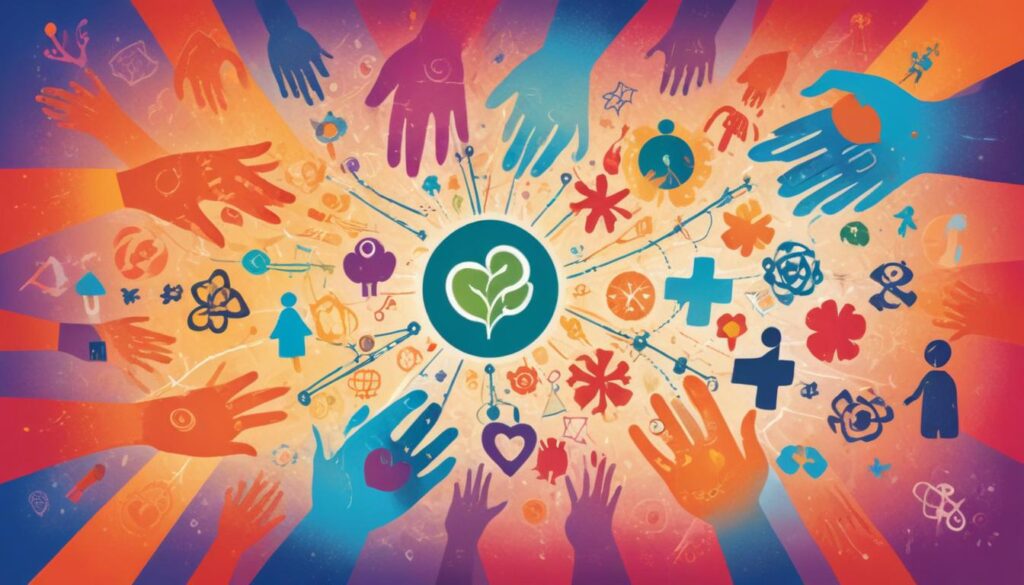Sustainable fishing practices in the EU are enhanced through clearer enforcement regulations and improved monitoring mechanisms, ensuring compliance and collaboration among stakeholders to protect marine resources effectively.
In the world of fisheries, sustainable fishing practices are more crucial than ever. The EU is taking serious steps to enforce new regulations and ensure compliance with global standards. Are you ready to dive deeper?
Clearer enforcement criteria for fishing practices
The recent changes in the EU’s regulatory framework emphasize clearer enforcement criteria for fishing practices. This is a significant step towards ensuring that fishing activities are not only legal but also sustainable. By implementing these clearer guidelines, the EU aims to enhance compliance with international standards, benefitting both marine ecosystems and local communities.
These new criteria will facilitate better monitoring of fishing quotas and practices among member states. Authorities will have access to improved data and reporting mechanisms, which will ultimately allow for more effective oversight. This increase in transparency is crucial as it helps to identify non-compliance swiftly and accurately.
Collaboration among nations is vital, as illegal, unreported, and unregulated (IUU) fishing often transcends borders. The enforcement of these criteria requires cooperation not just within the EU, but also with third countries. Diplomacy and partnerships could play a key role in addressing global fishing challenges.
Moreover, providing training for fishers on the importance of sustainable practices can help foster a culture of compliance. As the world shifts towards sustainability, embracing these enforcement criteria will not only protect fish stocks but also enhance livelihoods across coastal communities.
Strengthened monitoring and dialogue mechanisms
The EU’s commitment to strengthened monitoring and dialogue mechanisms is a crucial element in achieving sustainability in fishing practices. By enhancing these mechanisms, the EU aims to ensure that all stakeholders are effectively engaged in the governance of fishing activities.
Implementing robust monitoring systems allows for real-time data collection and analysis. This, in turn, enables regulators to detect anomalies in fishing patterns quickly. Transparency in reporting is essential, as it builds trust among fishers, regulatory bodies, and the public.
Dialogue between countries and local communities is equally important. It fosters collaboration on best practices in sustainable fishing. Through regular consultations and stakeholder meetings, the EU can address concerns directly and adapt regulations based on feedback received from affected parties.
Additionally, these dialogue mechanisms promote a shared responsibility among nations. Countries are more likely to cooperate when they perceive their interests to be aligned. The establishment of joint task forces can lead to better enforcement of compliance and management of shared fishing grounds.
By integrating monitoring and dialogue, the EU is setting a standard for global fishing practices. This approach not only aims to protect fish stocks but also supports the livelihoods of communities that depend on these resources.
The Future of Sustainable Fishing Practices
In conclusion, the EU’s focus on sustainable fishing practices is paving the way for a healthier ocean environment and better fishing communities. By implementing clearer enforcement criteria and establishing strengthened monitoring and dialogue mechanisms, the EU sets a standard that other regions can follow.
This collaborative approach not only protects fish stocks but also ensures that local fishers can thrive. Addressing issues through open dialogue helps everyone involved understand their role in sustainability.
As we move forward, it’s crucial that all stakeholders remain engaged and committed. The journey toward sustainable fishing is ongoing, and together we can make a significant impact.
Ultimately, supporting these new regulations and practices will lead to a brighter future for both our oceans and the people who rely on them.
Frequently Asked Questions
What are the new EU rules for fishing sustainability?
The new EU rules focus on clearer enforcement criteria and strengthened monitoring mechanisms to ensure sustainable fishing practices.
How will these regulations affect local fishing communities?
These regulations aim to protect fish stocks, ensuring that fishing communities can sustain their livelihoods while also promoting environmentally friendly practices.
What role does dialogue play in fishing regulations?
Dialogue among countries and stakeholders fosters collaboration and understanding, leading to better compliance with sustainable practices.
How will monitoring mechanisms be improved?
Improved monitoring mechanisms will use advanced technology for real-time data collection, helping to enforce regulations effectively and transparently.
What is the significance of illegal, unreported, and unregulated (IUU) fishing?
IUU fishing poses a major threat to marine ecosystems; addressing it is crucial for the sustainability of fish stocks and the health of the oceans.
How can consumers support sustainable fishing?
Consumers can support sustainable fishing by choosing seafood from certified sustainable sources and being informed about fishing practices.


